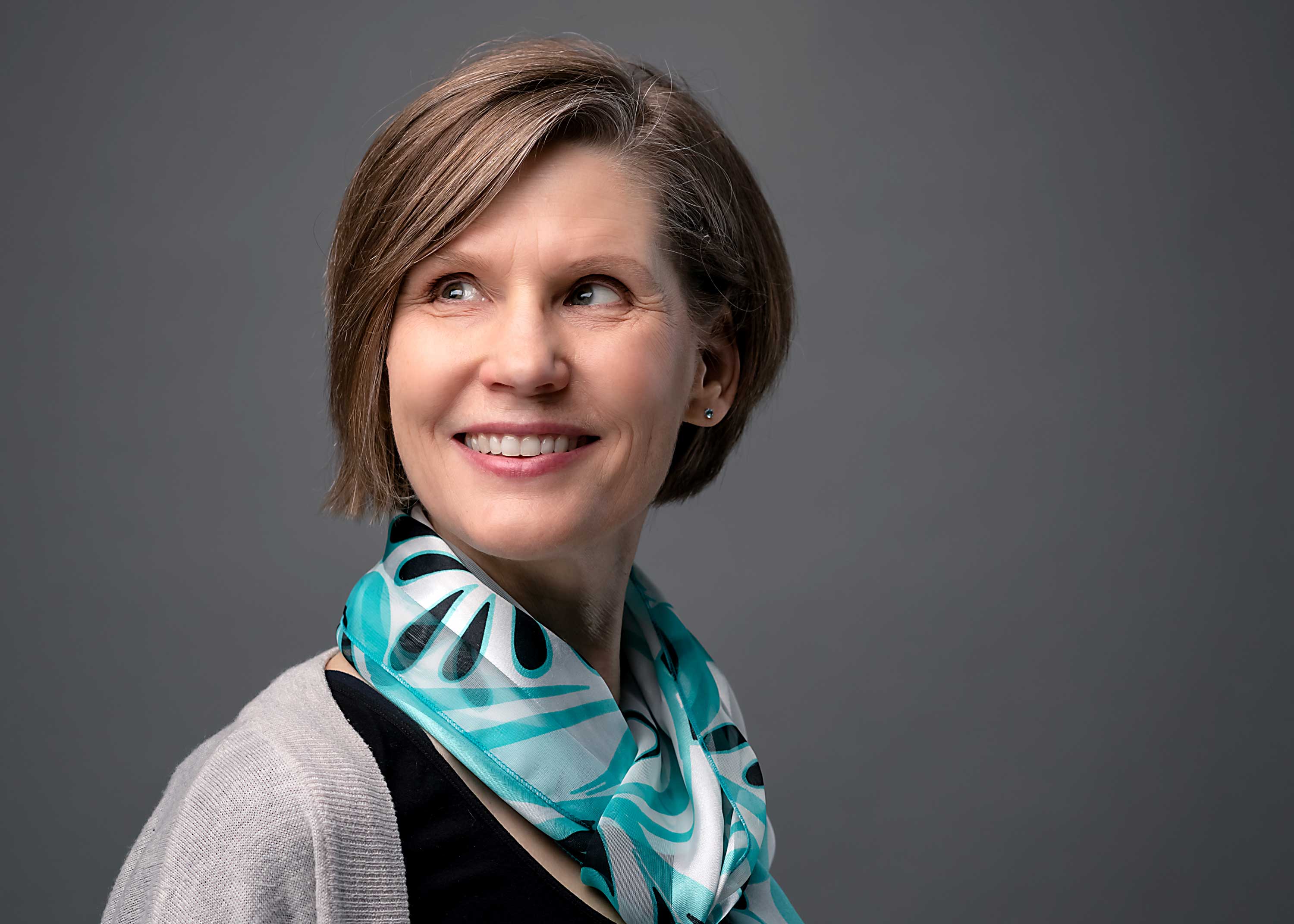In January of 2019, University of Alberta School of Business professor Jennifer Jennings woke up moving from bewilderment to horror with the realization she could no longer read.
She could see, but an undiagnosed issue suddenly made it impossible for her to focus on a word long enough to understand it.
“Can you imagine waking up one day and you're no longer able to read?” said Jennings. “That precipitated some mental health issues, and I developed an anxiety disorder.”
The long road back began three months later with the tenured professor reading Dr. Seuss’s easiest rhyme books a page at a time.
“Even right now, I'm not at 100 per cent. My eyes will not let me work longer than an hour and a half at a time, and then I have to take a two-hour break,” said Jennings.
Readying to return for the fall 2020 term, the prospects of a regular teaching and research schedule bordered on the impossible. Then the COVID-19 pandemic took hold.
“With the limited amount of time that I could use my eyes, there was no way I would be able to teach online and continue any of my research projects.”
Just when it looked like Jennings would have to abandon her research, she was named as a tier 1 Canada Research Chair (CRC) in Entrepreneurship, Gender and Family Business, with part of the $1.4 million in funding over seven years covering teaching relief for half her classes.
“If I hadn’t received this CRC, it is unlikely that I would be able to fulfil my research commitments,” she said. “That being said, there are so many talented researchers at the U of A who are deserving of such an award. I have been lucky enough to be part of great research teams; this CRC could have been awarded to several of my colleagues.”
By focusing on teaching only two classes going forward, Jennings said she will be able to continue with her current examination of women’s entrepreneurship from a family embeddedness perspective.
“How women are embedded differently in society from men—especially when you think about family roles and responsibilities—has a lot to do with observed differences between female and male entrepreneurs,” said Jennings.
For instance, in an in-process study, her team showed that prospective employees of tech startups were less willing to commit their human capital to companies founded and run by women than to identical startups led by men.
But what if those potential employees were embedded in an entrepreneurial family where their mom or sister or wife was a female entrepreneur?
“Does this type of family embeddedness diminish that baseline gender bias that we see overall?” Jennings asked. “We're exploring some fundamental questions at the intersection of gender and entrepreneurship, but then layering on family embeddedness.”
Jennings is also looking at how the pandemic is affecting female entrepreneurs, especially those with kids who are suddenly being sent home from school because of lockdowns.
“What's that female entrepreneur supposed to do with her business?”
Jennings noted that this research not only has implications for public policy about programs being developed to help entrepreneurs, but also helps further tap an underused talent pool.
“There's potentially a lot of talent there that is being overlooked, or at least not taken to its full potential,” she said. “The more we know about women’s entrepreneurship, the more we can support it appropriately.”
Jennings is among 16 U of A Canada Research Chairs announced today, and one of five tier 1 CRCs, an award reserved for outstanding researchers acknowledged by their peers as world leaders in their fields. The remaining 11 U of A CRCs announced were tier 2, each awarded $500,000 over five years and acknowledged by their peers as having the potential to lead in their field.
All told, the U of A has 49 tier 1 and 59 tier 2 CRC chairholders currently active.
Established in 2000, the Canada Research Chairs program stands at the centre of a national strategy to make Canada one of the world's top countries in research and development. Chairholders aim to achieve research excellence in engineering and the natural sciences, health sciences, humanities and social sciences.
